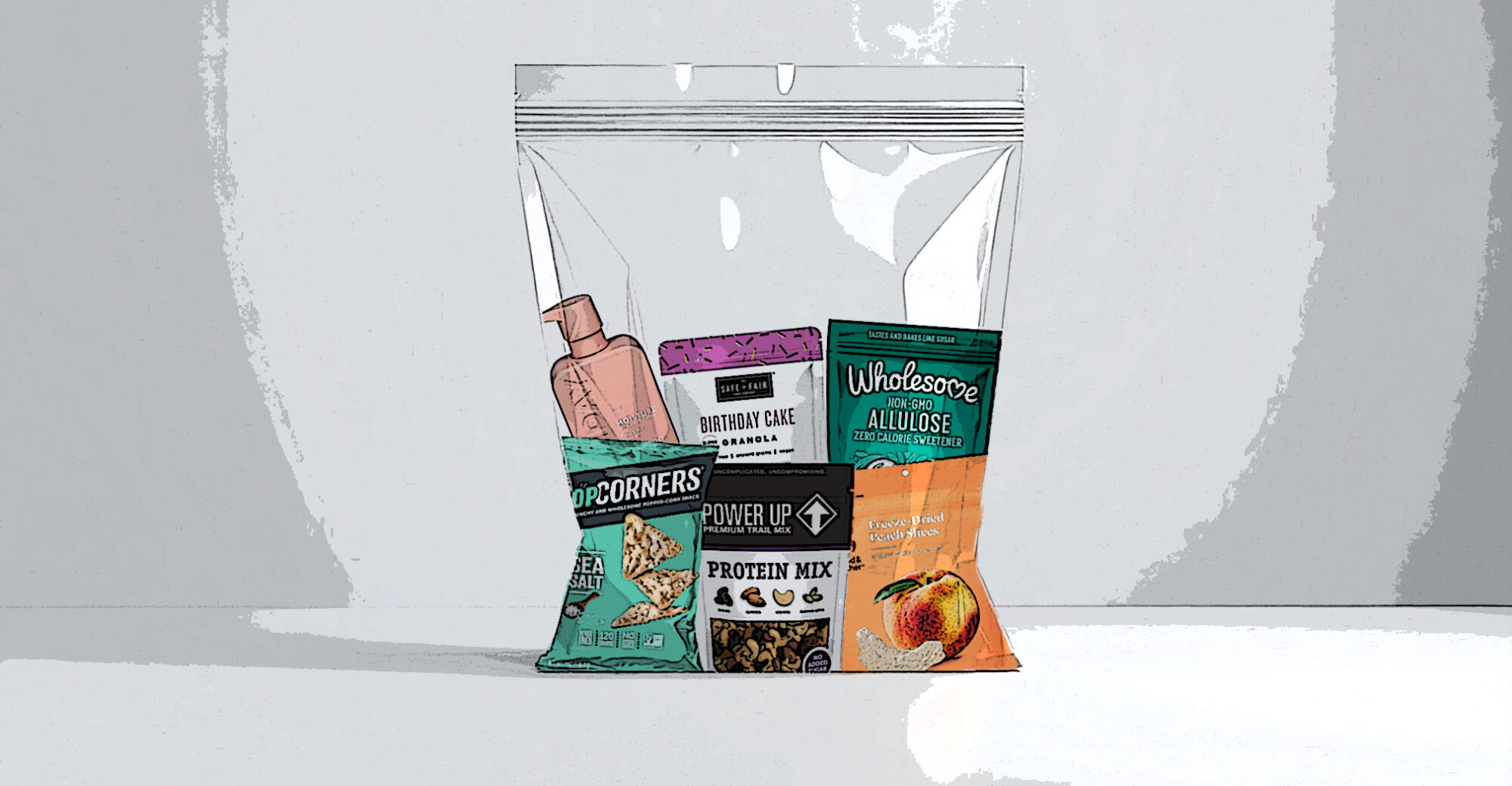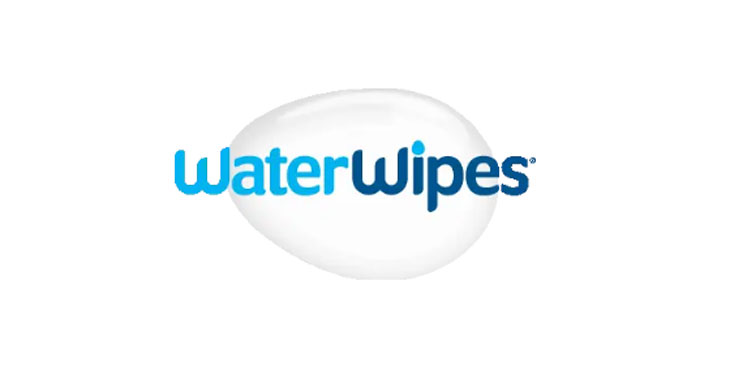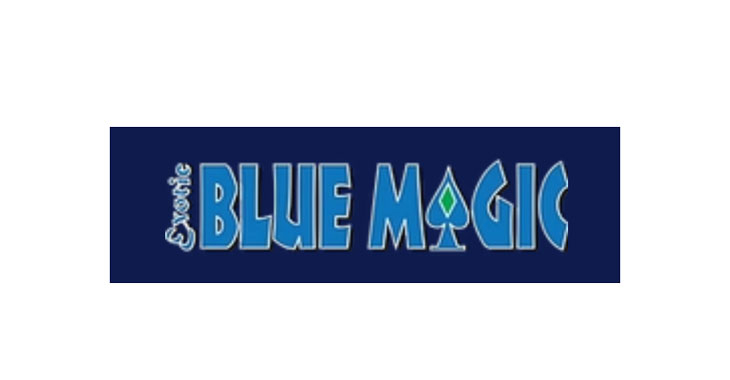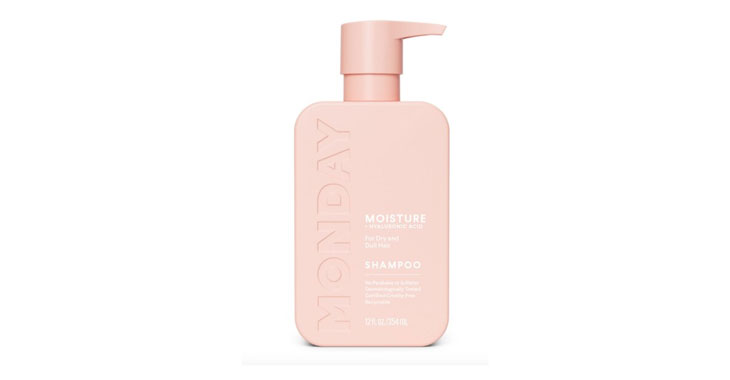
CATrends: Empty Space in Consumer Goods
Lawsuits aren’t giving any slack when it comes to underfilled packages.
Information about federal false advertising class actions filed around the country. Please note, our list is neither comprehensive nor reflective of TINA.org’s opinion.
Lawsuits aren’t giving any slack when it comes to underfilled packages.
It’s a hot sponcon summer.
Lawsuits allege foods and beverages aren’t as healthy as you might think.
Allegations: Misleadingly advertising discounts off of artificially inflated reference prices
Allegations: Falsely advertising discounts off of artificially inflated reference prices and available for a limited time
Allegations: Failing to adequately disclose the terms of subscriptions
Allegations: Falsely advertising discounts off of artificially inflated regular prices
Allegations: Falsely marketing products as plastic-free
Allegations: Failing to adequately disclose that products are addictive
Allegations: Failing to disclose that products are addictive
Allegations: Misleadingly advertising the website as a “social casino” where users can play games for free when the games are actually illegal gambling games
Allegations: Falsely advertising discounts off of artificially inflated retail prices
Allegations: Deceptively using slack-filled containers











